Search
Remove Ads
Advertisement
Summary 
Loading AI-generated summary based on World History Encyclopedia articles ...
Search Results
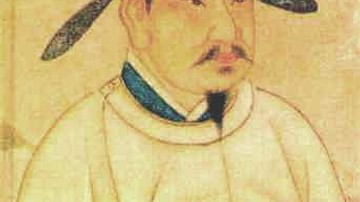
Definition
Tang Dynasty
The Tang Dynasty (618-907 CE) was one of the greatest in Imperial Chinese history. It was a golden age of reform and cultural advancement which lay the foundation for policies which are still observed in China today. The second emperor, Taizong...
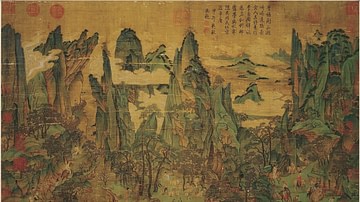
Article
The Art of the Tang Dynasty
The art of the Tang Dynasty (618-907 CE) began to explore new possibilities in materials and styles with landscape painting and ceramics, in particular, coming to the fore. New techniques, a wider range of colours and an increase in connoisseurship...
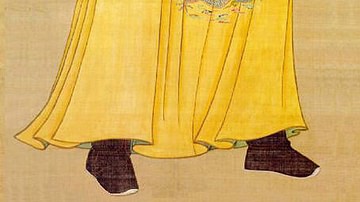
Definition
Emperor Taizong of Tang
Taizong (birth name, Li-Shimin, l. 598-649 CE, r. 626-649 CE) was the second emperor of the Tang Dynasty and is considered one of the greatest rulers in Chinese history for his reforms of the government and the laws, his religious tolerance...

Definition
Emperor Xuanzong of Tang
Xuanzong (birth name, Li Longji, l. 685-762 CE, r. 712-756 CE) was the 7th emperor of the Tang Dynasty of China, whose domestic and foreign policies established the Tang Dynasty as the Golden Age in Chinese history. Many of the most important...
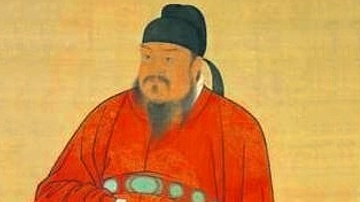
Definition
Emperor Gaozu of Tang
Emperor Gaozu (also Kao-tsu, formerly Li Yuan, r. 618-626 CE) was a Sui military commander who led a rebellion against his former masters, seized control of the state, and founded the Tang Dynasty (618-906 CE). Overshadowed in the ancient...
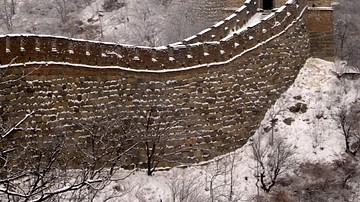
Definition
Ancient China
Ancient China produced what has become the oldest extant culture in the world. The name 'China' comes from the Sanskrit Cina (derived from the name of the Chinese Qin Dynasty, pronounced 'Chin') which was translated as 'Cin' by the Persians...
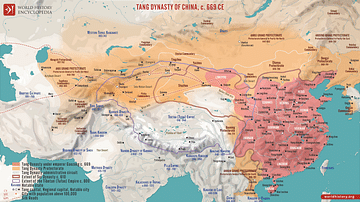
Image
Tang Dynasty of China, c. 669 CE
A map illustrating the Tang Dynasty of China at its greatest extent under the rule of Emperor Gaozong, encompassing modern-day China, parts of Central Asia, and the Korean Peninsula. Around 669, the Empire reached its pinnacle of economic...

Image
Tang Dynasty Provinces c. 742 CE
The provinces of the Tang Dynasty c. 742 CE. The Tang Dynasty (618-907 CE) is regularly cited as the greatest imperial dynasty in ancient Chinese history. It was a golden age of reform and cultural advancement, which lay the groundwork for...
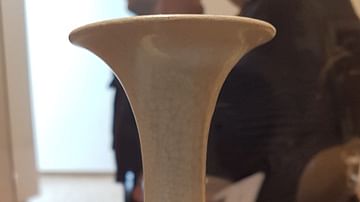
Image
Tang Dynasty Vase
C. 600-634 CE. Porcelain. 25 cm (height). Excavated from the tomb of Princess Fengning (583-610 CE) and her husband Wei Yuanzhao (572-623 CE), Shaolingyuan, Chang'an District, Xi'an, 1990. From the Shaanxi Provincial Institute of Archaeology...
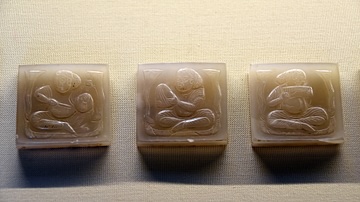
Image
Tang Dynasty Agate Belt Plaques
These are part of a set of nine agate belt plaques with decoration of musicians. From modern-day China, Tang Dynasty, 618-906 CE. (The British Museum, London).